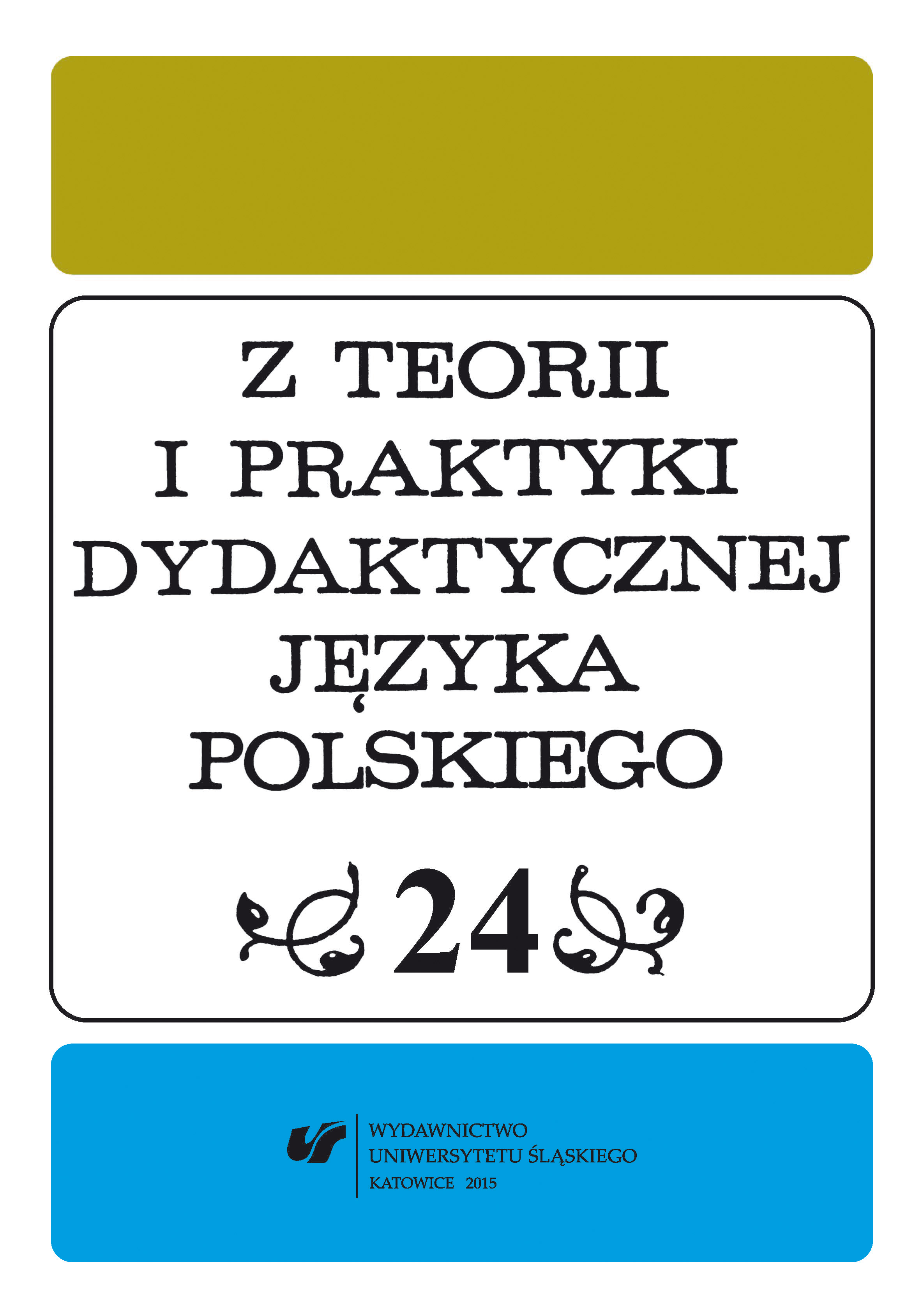„Judasz z Monte Sicuro” — lekcja o moralności czasów wojny
“Judas of Monte Sicuro” — an Object Lesson in Wartime Morality
Author(s): Lucyna SadzikowskaSubject(s): Language studies, Language and Literature Studies, Education, Cultural history, Theoretical Linguistics, Applied Linguistics, Studies of Literature, Comparative Study of Literature, Polish Literature, Western Slavic Languages, Sociology of Culture, Fascism, Nazism and WW II
Published by: Wydawnictwo Uniwersytetu Śląskiego
Keywords: Judas of Monte Sicuro; Wartime Morality; Gustaw Morcinek; concentration camp
Summary/Abstract: The works created in a German concentration camp by Gustaw Morcinek — an author well-known to literary circles and present at schools or in academic perception (though today almost forgotten), and recognizable to the Polish readers thanks to “Łysek z pokładu Idy” (“Baldie from Ida Coal Seam”) and “Wyrąbany chodnik” (“Clear Drift”) — prove that the problems shown in them are still of utmost importance. “Judasz z Monte Sicuro” (“Judas of Monte Sicuro”) — a novel by Gustaw Morcinek, on which this article focuses, gives an honest picture of traumatic wartime experiences, devoid of simplifications and distortions. It may become an important commentary on short stories by Tadeusz Borowski and “The Tin Drum” by Gunter Grass. Regardless of these works’ genesis, the attitudes of their protagonists are similar: they follow a subjective hierarchy of values, rejecting moral norms, and — repeatedly — causing conflicts with their surroundings. In school practice, “Judasz z Monte Sicuro” can be considered a significant work from both the historical and literary perspectives. It constitutes a record created by an eye-witness and chronicler of other people’s observations, and at the same time, it is an original work, written in simple language, unfettered by any rigid principles of the genre, and thus attracting attention with its authenticity and frankness. In school environment, reading “Judasz…” — which is appropriate in accordance with the core curriculum approved by the Ministry of Education — can bring a variety of interesting effects. One needs to remember that literature in secondary schools is primarily an event, whose content is unpredictable, diverse and complicated.
Journal: Z Teorii i Praktyki Dydaktycznej Języka Polskiego
- Issue Year: 2015
- Issue No: 24
- Page Range: 41-60
- Page Count: 20
- Language: Polish

